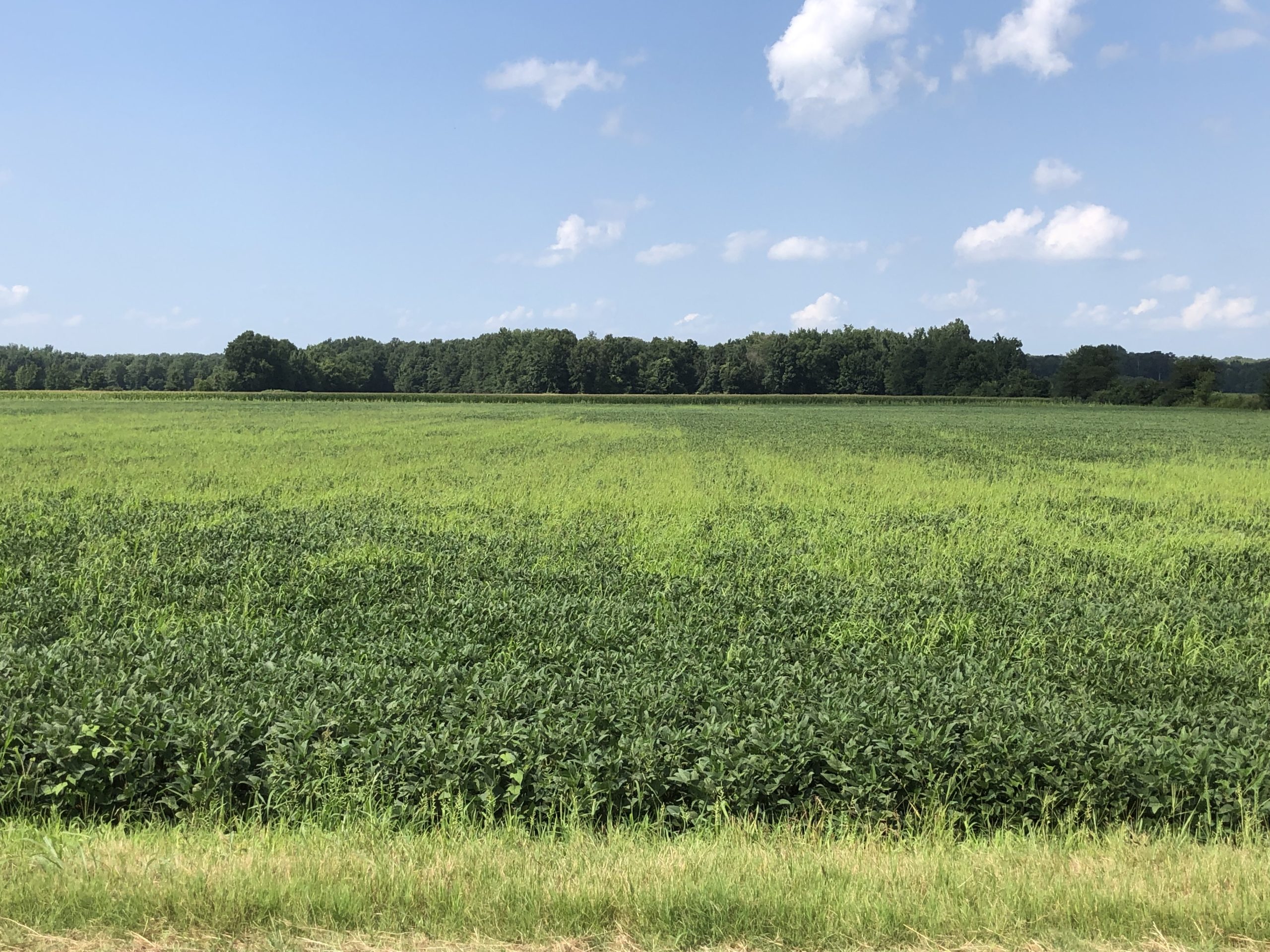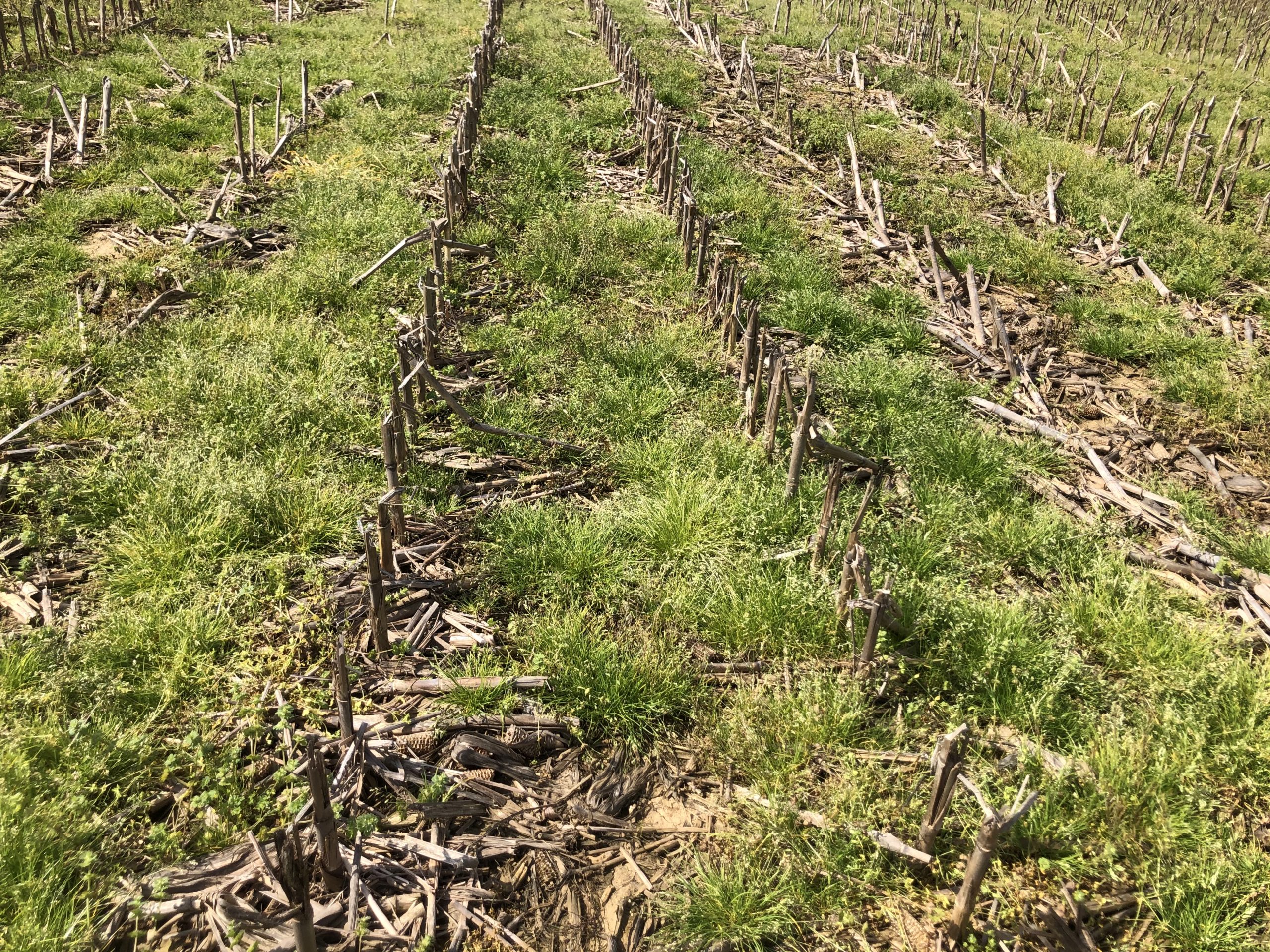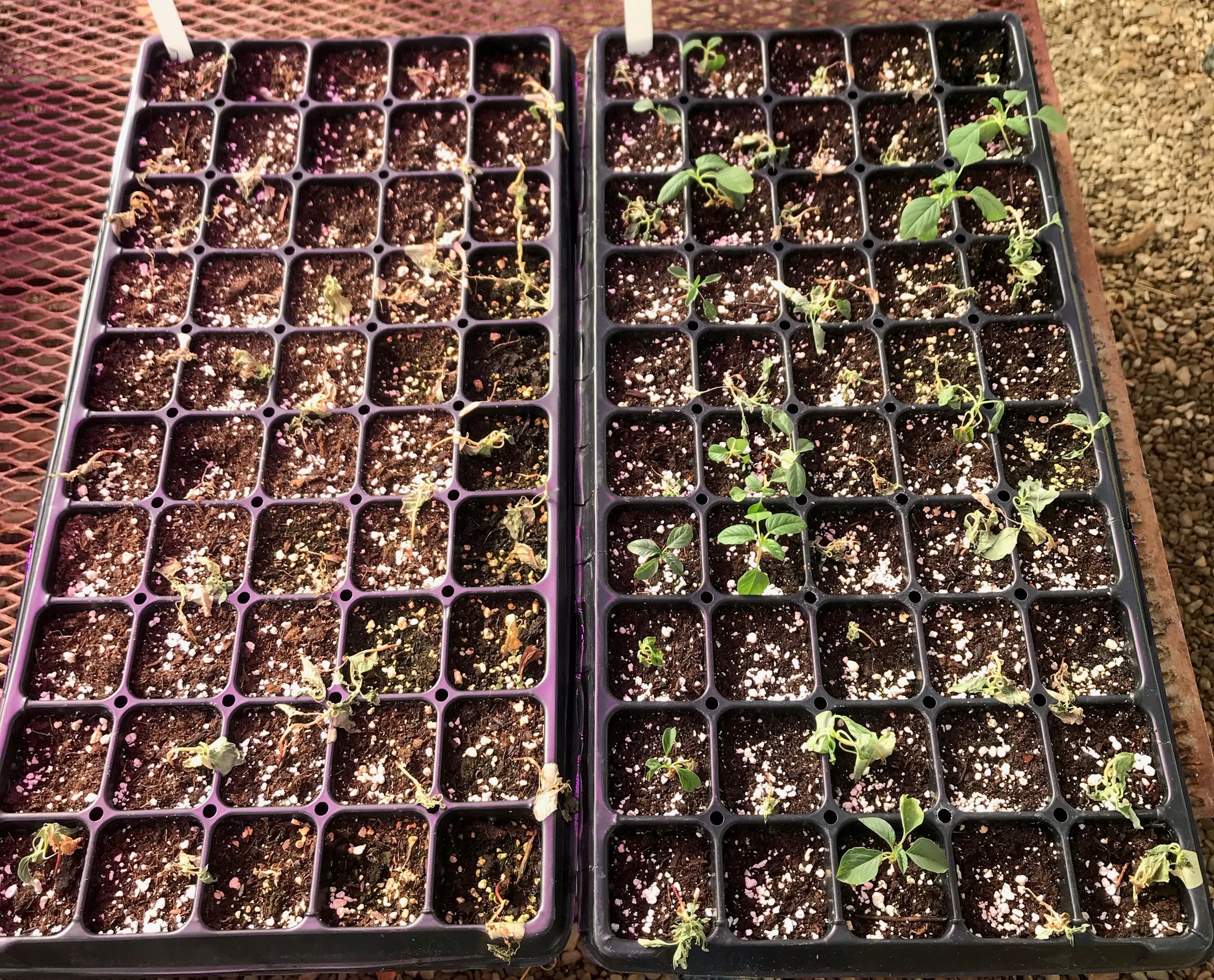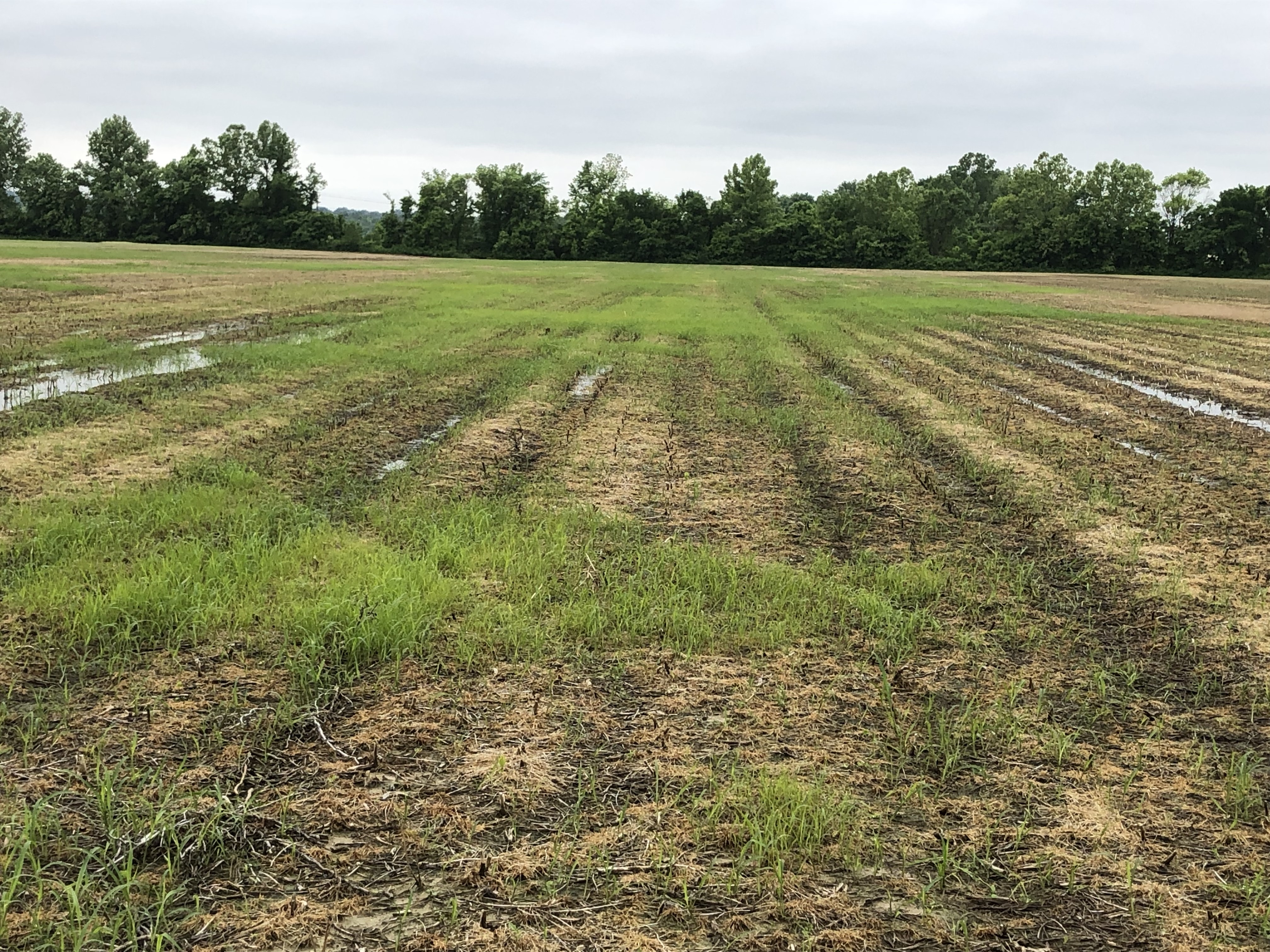January 24, 2020 – Gibson County Extension Crop Production (Ed Jones Agri-plex) 8:00 a.m. – 2:45 p.m. (Contact Philip Shelby for details)
January 30-31, 2020 – Cotton & Rice No-Till Conference (Memphis, TN)
February 3, 2020 – Henry County Extension Crop Production (Henry Co. Fairgrounds) 6 – 9 p.m. (Contact Ranson Goodman for details)
February 4, 2020 – Middle Tennessee Grain Conference (UT Space Institute in Tullahoma, TN)
February 6, 2020 – West Tennessee Grain and Soybean Conference (Dyer Co. Fairgounds, Dyersburg, TN)
February 7, 2020 – KY/TN Grain Conference (Russellville, KY)
February 11, 2020 – Haywood/Madison Extension Crop Production (Samuel T. Bryant Distillery, Jackson, TN) 9AM-12PM (Contact Jake Mallard or Lindsay Stephenson for details)
February 12, 2020 – Tennessee Agricultural Production Association Winter Agronomic Workshop (DoubleTree Hotel, Jackson, Tennessee) 8 AM – 4 PM
February 13, 2020 – Cotton Focus (West Tennessee Research and Education Center, Jackson, TN) 8 AM-12PM (lunch provided, pre-registration is not required)





